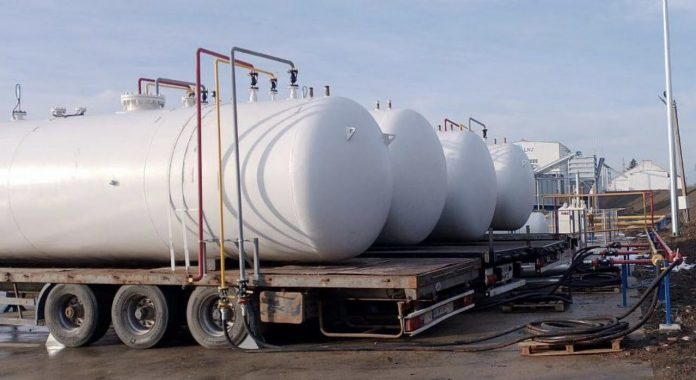The European Union will not include a ban on the import of Russian liquefied natural gas (LNG) into the nearest packages of sanctions against Russia. According to Reuters , citing official sources in Brussels, the key reasons for this decision were resistance from individual Member States, uncertainty about alternative sources of supply, as well as strategic considerations on the eve of important energy negotiations with the United States.
Despite ambitious goals for complete energy independence from Russia by 2027, the EU continues to buy significant volumes of Russian LNG. In 2023, according to official statistics, Russian liquefied gas provided about 19% of total gas imports to the European Union, even though pipeline supplies were significantly reduced after a full -scale war.
Much of the Russian LNG comes through the ports of France, Belgium, Spain and the Netherlands. In these countries, there are large LNG terminals that have become critical for Europe's stable energy after the energy crisis in 2022.
The decision not to impose a new ban within the 17th Package of Sanctions is a manifestation of a compromise approach between EU Member States, which have different economic and energy interests. Some countries, such as Germany, Poland and the Baltic countries, maintain a stringent sanction pressure on the Kremlin, while others, including Spain, Hungary, or Austria, show caution due to dependence on Russian energy and lack of reliable alternatives.
In addition, the European Commission believes that the premature introduction of a complete ban on Russian LNG can weaken EU positions during future trade talks with the United States, where the main theme will be importing American liquefied gas as a replacement in Russian.
Instead, Brussels prepare an updated strategic "road card", which should be presented in early May. It provides a gradual rejection of Russian energy, including liquefied gas, by 2027. Although there is no details of this plan yet, the EU emphasizes that it is not only about energy security, but also about geopolitical independence from the Kremlin.
The new, the 17th package of sanctions against Russia will be presented by June 2025. However, according to European diplomats, work on it is slowly moving-because of the complexity of agreeing on the positions of 27 Member States and fatigue from conflict among some governments.
The refusal to import Russian energy is one of the main goals of the EU after the start of the full -scale war of Russia against Ukraine. In two years, Europe has significantly reduced the supply of oil, coal and pipeline gas from the Russian Federation. However, LNG remained one of the most vulnerable areas where Moscow continues to earn profits from European consumers.
Experts say that every delay in the introduction of prohibitions gives Russia additional time and resources to continue the war. At the same time, a hasty refusal without proper replacement can lead to a new energy crisis in Europe.


